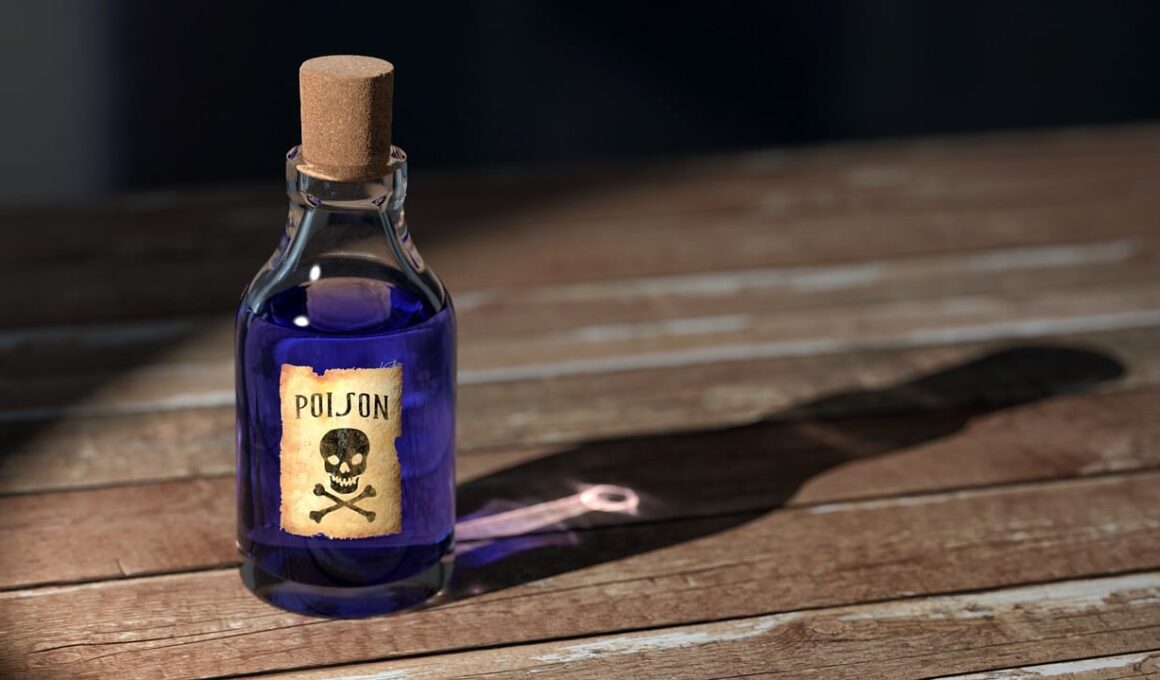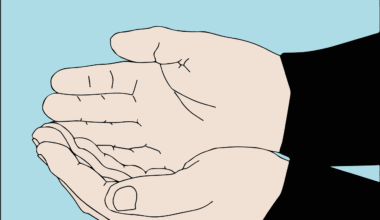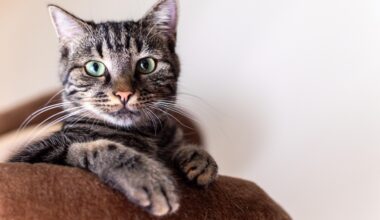Signs Your Cat’s Vitamins Have Become Toxic
Cats are naturally curious and often consume vitamins either through their diet or supplements. While vitamins are essential for a cat’s well-being, an excess can lead to toxicity. A key sign that your cat may have ingested too many vitamins involves changes in their behavior. This includes increased lethargy or hyperactivity, both of which can indicate that the supplements are affecting him negatively. If you notice your cat sleeping more than usual or acting restless, this could signal toxicity. Another symptom is a change in appetite. A healthy appetite is crucial for your cat, and sudden fluctuations can reveal problems. You may also notice vomiting or diarrhea, which are clear indicators that the vitamins are causing an adverse reaction. It’s important to monitor your cat for these signs and consult a veterinarian if they occur persistently. Additionally, observe any changes in weight; unexplained weight loss or gain can occur due to vitamin overdoses. Make sure to keep vitamin supplements out of reach to avoid accidental ingestion, ensuring your cat remains healthy and happy.
In addition to behavioral changes, you may notice physical changes in your cat. One critical sign of potential vitamin toxicity is grooming issues. Cats typically groom themselves frequently, and a decline in grooming activities can indicate an underlying health issue. You might observe an unkempt coat or excessive shedding if your cat is feeling unwell. Another symptom to watch for is excessive thirst or urination. Cat owners should monitor their pets for changes in drinking and bathroom habits. An increased thirst might become evident if the vitamins are affecting kidney function. In some cases, you may also notice a behavioral shift, with your cat appearing more anxious or irritable than usual. These subtle signs can indicate that the vitamin intake is beyond normal, and an urgent consultation with a veterinarian is crucial. Early detection of vitamin toxicity allows for timely treatment, helping to restore your cat to health. It’s vital for every cat owner to take note of these signs and review their cat’s vitamin consumption, ensuring they receive only what is required for overall health.
Monitoring Your Cat’s Symptoms
If you suspect that your cat is suffering from vitamin toxicity, it’s essential to act quickly. The symptoms you may notice often vary depending on which vitamins are in excess. For instance, increased heart rates or unusual heartbeat rhythms could suggest an overload of vitamin D or A. If your cat has been exposed to too much vitamin K, you might see unexplained bleeding or bruising on their skin. Taking detailed notes about your cat’s symptoms can be valuable when you consult your veterinarian. Recording any changes in their behavior, grooming habits, and appetite can help the vet identify the source of the problem quickly. Additionally, the color of their urine can be a clue as well; dark colors may indicate dehydration or toxicity. Likewise, pay attention to any sudden changes in energy levels. A sudden spike in energy or excessive sleeping is worrisome. Thoroughly assessing and documenting your cat’s condition will provide your veterinarian with essential information for accurate diagnosis and treatment, ensuring your feline friend receives the appropriate care for recovery.
It’s important to note that not all vitamins are created equal, and some are more likely to cause toxicity than others. For example, fat-soluble vitamins like A, D, E, and K can accumulate in the body, leading to toxic levels if overdosed. On the other hand, water-soluble vitamins like B and C are typically excreted more easily, posing a lower risk of toxicity. Understanding the specific vitamins your cat is taking can aid in the prevention of overdoses. Always check the label of your cat’s supplements to ensure you’re administering the correct dosage. If any vitamin seems dubious or if you suspect a higher-than-recommended dosage, consult with your veterinarian. They can provide information on the essential vitamins necessary for your cat’s diet and the appropriate dosages. It is also advisable to avoid giving your cat human vitamins, as these can contain ingredients harmful to felines. Always prioritize your pet’s health by offering veterinarian-approved supplements specifically designed for cats, minimizing the risk of toxicity and other related health issues.
Prevention Strategies
Preventing vitamin toxicity in cats is easier than dealing with its effects. The first step is education. Understanding which vitamins are beneficial for your cat, along with their proper dosages, will drastically reduce the risk of overdose. Discuss with your veterinarian to determine your cat’s specific vitamin needs, based on their age, weight, and health condition. Regular health check-ups should also include discussions about nutrition and supplementation to ensure your cat is on the right track. Store supplements in inaccessible places, preventing self-dosing, which could lead to serious health risks. Another essential part of prevention is reading ingredient labels carefully. Supplements designed specifically for cats will help ensure that the correct balance of vitamins is provided without risking toxicity. Adjust your approach as your cat ages or their health needs change. Regularly monitoring your cat’s diet will keep their health on track. Additionally, firmly establishing a balanced diet is crucial. A balanced diet tailored to your cat’s needs will typically provide enough vitamins to support their overall health without needing excessive supplementation.
In cases where you suspect vitamin toxicity, prompt action is critical. Start by removing access to any vitamin supplements and monitoring your cat closely. Look for signs like vomiting, diarrhea, bloating, or unusual behavior. If any persistent symptoms emerge, seek veterinary attention immediately. Treatment options can range from dietary management to medication, depending on the severity of toxicity. It’s critical not to attempt home remedies or unverified treatments without prior consultation with your veterinarian. The potential risks could worsen your cat’s condition. Diagnostic tests may be necessary to assess vitamin levels and identify the source of the toxicity. Your veterinarian might recommend blood tests or other examinations, which can guide treatment plans effectively. The earlier a problem is identified, the quicker interventions can begin. Always remain aware of any changes in your pet’s behavior and lifestyle. A proactive approach can save your longtime companion from serious health issues related to vitamin overload, ultimately promoting a long, happy, and healthy life.
Conclusion
In conclusion, while vitamins are essential for maintaining your cat’s health, it is vital to be aware of the signs of potential toxicity. Be vigilant in monitoring any behavior or physical changes, especially if you suspect an overdose. Familiarize yourself with symptoms like lethargy, grooming issues, and changes in appetite—these can be signals that your cat’s vitamins are becoming a problem. Continuous awareness in providing the right dosages, following veterinary guidelines, and avoiding human vitamins can greatly inhibit toxicity risks. Always consult your vet whenever unsure about vitamin needs or if your cat shows any concerning symptoms. Remember, a healthy diet can often provide all necessary vitamins, reducing the need for supplements. Keeping an eye on your cat’s health can lead them to a long and happy life. Your attentive care can significantly contribute to their well-being, helping to ensure their nutrition supports their overall health without dangers of vitamin overdose. As responsible pet owners, remaining educated and observant will help your furry companions stay safe and healthy, providing peace of mind for both you and your beloved pet.
Ensure to schedule regular check-ups with your veterinarian for preventive care. Keeping your pet’s health in check guarantees a long life filled with happiness and energy. Do you have any questions or concerns about vitamin toxicity in cats? Feel free to share your experiences and insights with fellow cat lovers in the comments below. Your shared knowledge can help others keep their feline friends vibrant and energetic. Thank you for taking the time to learn about this crucial aspect of cat health!


